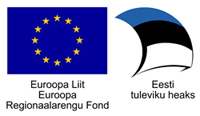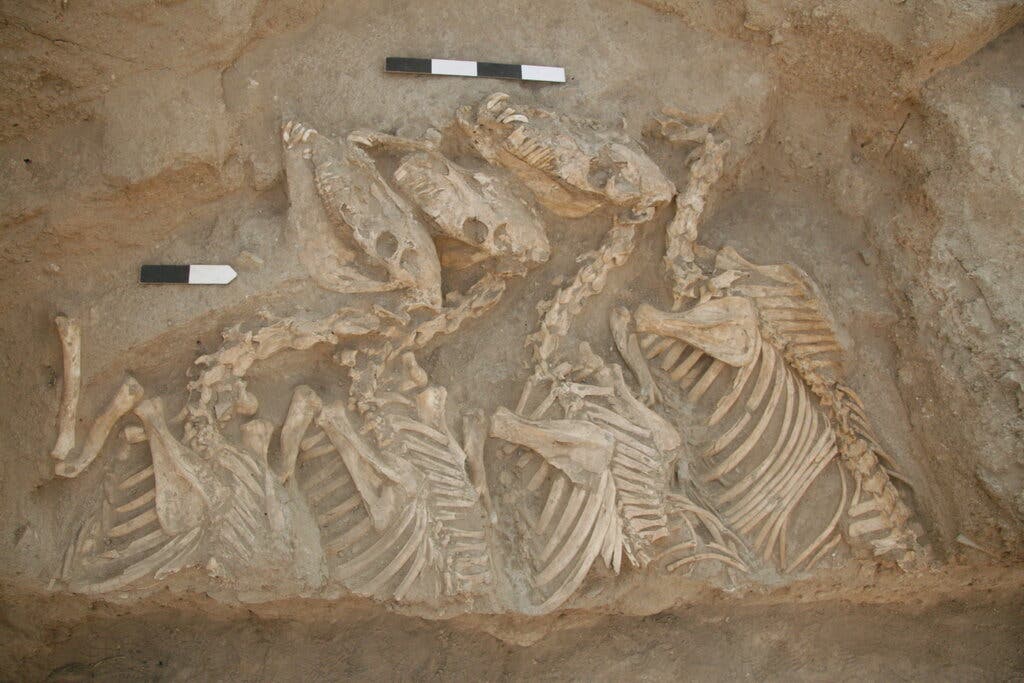
Centre of Excellence In Molecular Cell Engineering
Home
Scientific rationale
In recent decades, approaches from engineering sciences have been successfully applied to biology, transforming the field. These approaches include classical bioengineering and the current wave of synthetic biology, which is the focus of this application. Synthetic biology is a cutting‐edge interdisciplinary field of research that combines the fundamentals of traditional genetic engineering, biophysics, and systems biology, while incorporating elements of computer aided design and mathematical modelling to yield a truly unique approach to constructing biological machines. Recent advances in synthetic DNA technology have enabled large scale re‐engineering of biological systems for numerous applications, such as production of valuable biochemical compounds and active pharmaceutical ingredients, acting as biosensors or therapeutic systems.
Recent advances in cell bioengineering have led to several breakthrough practical applications, including transfer of valuable biochemical pathways from hard‐to‐cultivate original host into easily fermentable unicellular new hosts. Examples of plant‐derived compounds whose production has been engineered into microorganisms include the isoprenoid anti‐malaria drug artemisinin (1) and the core chemicals of several spices such as saffron and vanilla. Engineered cells also have important medical applications. For example, molecular sensor/effector devices, so called prosthetic networks, can produce therapeutic metabolites for fighting metabolic disorders in response to molecular triggers (2). Engineered immune cells have particular potential as therapeutics, for example in the recognition and killing of cancer cells and specific suppression of the immune system to fight autoimmunity disorders (2).
Bioengineering and chemical engineering are complementary and best results are achieved when these approaches are implemented together. Examples include the embedding of biological systems into matrixes produced by chemical approaches, and the use of specific chemicals to elicit a desired response in a biological system (chemical biology, chemogenetics) (3). A semi‐synthetic approach that combines bioprocessing with subsequent organic chemical synthesis is often the most efficient way for the production of complex and valuable chemicals, such as antibiotics (4). In the context of the current application, molecular cell engineering is viewed as a field that includes both manipulation of cells by DNA engineering and complementary chemical technologies.
In addition to being a powerful tool for practical applications, bioengineering has been extremely successfully applied in the advancement of basic science, for example in the generation of functional maps of metabolic and regulatory pathways and production of molecular probes for resolving basic biological processes (5). The functional importance of these maps can be tested through re‐engineering of the system. In this way, cellular bioengineering is tightly connected with systems biology. Ultimately, the design of new biological functions has a real potential to deliver major breakthroughs in the understanding of the fundamentals of biological systems and for the design of rules that govern them.
- C. J. Paddon et al., High‐level semi‐synthetic production of the potent antimalarial artemisinin. Nature. 496, 528–532 (2013).
- F. Lienert, J. J. Lohmueller, A. Garg, P. A. Silver, Synthetic biology in mammalian cells: next generation research tools and therapeutics. Nat. Rev. Mol. Cell Biol. 15, 95–107 (2014).
- F. Cong, A. K. Cheung, S.‐M. A. Huang, Chemical Genetics–Based Target Identification in Drug Discovery. Annu. Rev. Pharmacol. Toxicol. 52, 57–78 (2012).
- P. M. Wright, I. B. Seiple, A. G. Myers, The Evolving Role of Chemical Synthesis in Antibacterial Drug Discovery. Angew. Chem. Int. Ed. 53, 8840–8869 (2014).
- D. E. Cameron, C. J. Bashor, J. J. Collins, A brief history of synthetic biology. Nat. Rev. Microbiol. 12, 381– 390 (2014).
![]()
![]()
 .
. 





